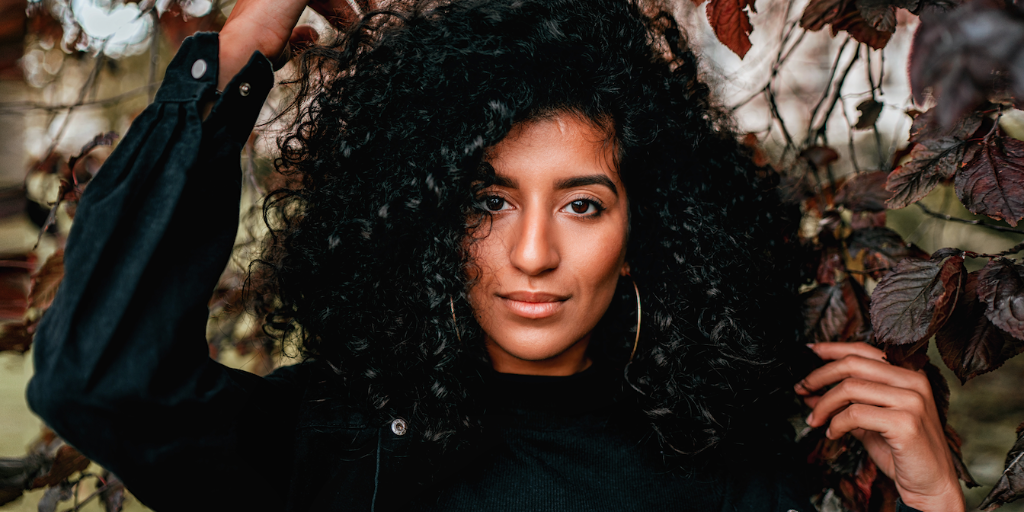
“You’re like a Sunsilk advert” is a common jab among Egyptian youth, a way to call someone artificial without the heady confrontation to follow. It’s a nod to decades of Eurocentric beauty standards, of heat-straightened hair and loathing curls. Egyptians have tangoed with the risk of keeping their hair curly, only to be deemed disheveled and irresponsible by those closest to them.
“‘You look like you just came out of a sewer’” is a comment Mohamed Tonsy recalled receiving, upon being asked by Egyptian Streets; it was an unsolicited statement, hidden under the guise of goodwill and humor. Tonsy is one example of how young Egyptians are dealt a critical, if not hostile, eye for embracing an otherwise benign facet of their personal style.
From employers overlooking candidates for their “messy” and “unkempt” hair, to teachers encouraging students to get rid of the frizz: it’s no surprise that many Egyptians have chosen to heed expectations instead. Hoping to avoid similar comments, they’ve taken to cropping their hair short or leaning on flat-irons and perms for quick fixes for decades.
“Constantly told […] it looks like steel wool and I should use it to scrub dishes” – @adhamsfro
“Should I get you a lice comb?’” Abdelwahab Badawy, a 24-year-old engineering student, recalled being asked by a friend. In an interview with the New York Times, he mentions the mockery he received from family and professors alike when he decided to finally grow out his hair. The trend of being taunted is not limited to close acquaintances and lighthearted jokes, either.
“You look like the devil,” Nour El Din Sherif was told by an elder. Despite reassuring Egyptian Streets that he’s also been praised for his hair, charged comments like this are nothing if not commonplace for many like him.
It’s no surprise that, like Badawy and Sherif, most of today’s generation is rejecting all of it: the heat, the faux-waves, and the split-ends; Egyptians have taken back control of their natural curls, and they’re enjoying every moment of it. Inspired by Myriam Faris’ big-hair in the early 2000s, to the free-tumbling of Mohamed Salah’s frizz, Egypt is finding new love for the bounce and volume of the afro.
“The classic: ‘try running a brush through your hair’ by some elders” – @ameenarifaat
When asked by Egyptian Streets, Ameena Rifaat, a 22-year-old architectural engineering student, emphasized that it was a long, arduous journey to loving her hair.
“Ever since I was [young]. I battled with myself,” Rifaat says. “I grew up with a large group of girls, most of whom had straight or wavy hair. So easy to style, flip, run your hands through.”
Unlike the effortless look most of her friends boasted, Rifaat was keenly aware of her own perceived shortcomings. Despite having a supportive family, who encouraged self-love above all else, she noted that others’ comments were far less gracious about her frizz and flyaways.
“I always heard the phrases such as ‘run a brush through your hair’ or ‘pull your hair up in a bun, it’s too frizzy’ and a lot more,” Rifaat confides. Despite all of it, however, she maintains appreciation for her hair. “I love my hair, and I wouldn’t have it any other way.”
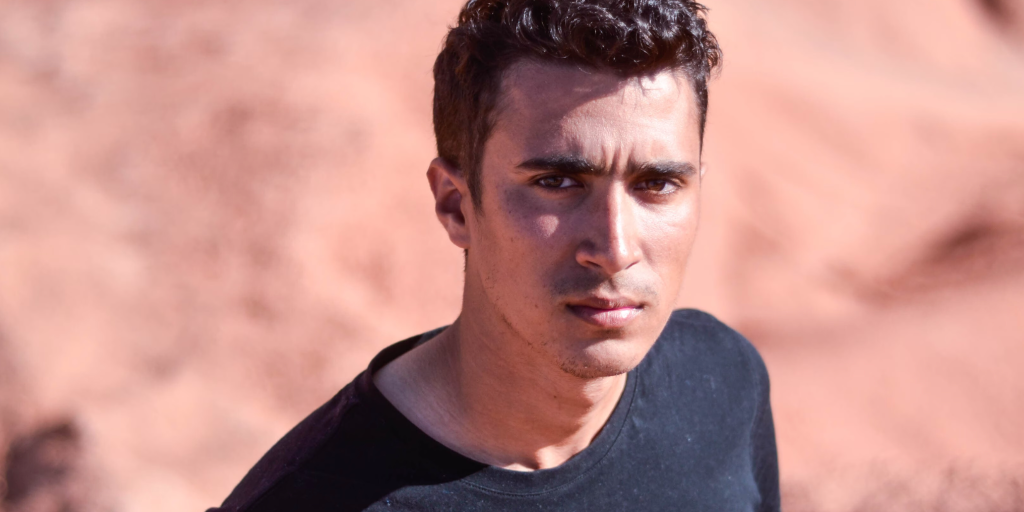
“‘Your hair must have bugs in it’” – @starbebex.x
This recent embrace of the afro has been linked back to the freedom of expression that started first in 2011, when the streets were swollen with young people attempting to catch a break and indulge in self-expression. It is a confident and continuous rejection of conservative norms, and hair has been a fabulous vehicle for it; the New York Times describes this trend in Egypt as a “form of defiance” for women especially, who had to deal with hiding their natural beauty in favor of the imported Western ideal.
Heat and chemical perms damage hair, it’s no secret. Many have reasoned that there is no need for either when curly hair is its own form of cool, it’s own form of elegant. Start-ups like G Curls and The Curly Studio have inspired women and men alike to style their curls and get creative, and others such as The Hair Addict have continued to introduce new ways of doing so. There is a mini-economy of curl enthusiasts across Cairo, making life easier for those who would like to keep their hair fresh and flowing, without the long coiffeur hours.
In many cases, these brand ambassadors, influencers and creative entrepreneurs have set in motion a social change that stems beyond simply self-love but also an appreciation for different brands of beauty – ones that were seen as less desirable only a decade back. Rifaat expressed genuine appreciation, if not admiration for those at the forefront of this mini-movement.
“I believe that people’s mindsets have come a long way,” said Rifaat, “where everyone has come to appreciate their natural curls.”
With more and more Egyptians sporting edgy tattoos and edgier haircuts on Sahel’s beaches, the landscape of beauty and elegance in Egypt has taken a dramatic shift for the colorful – and it’s hard not to welcome it with open arms.

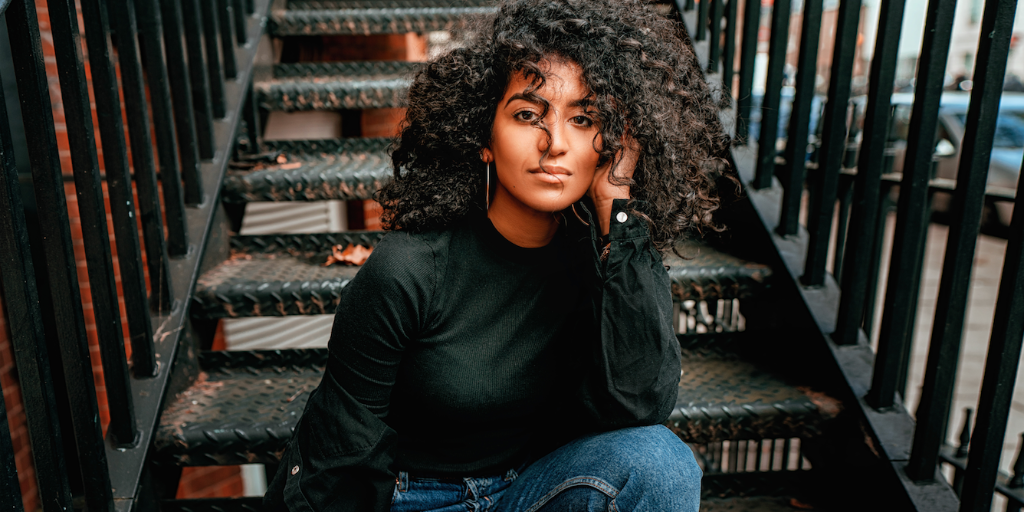



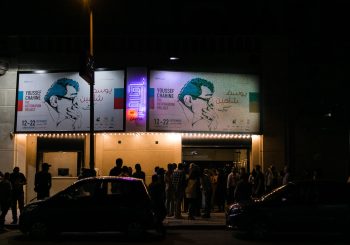
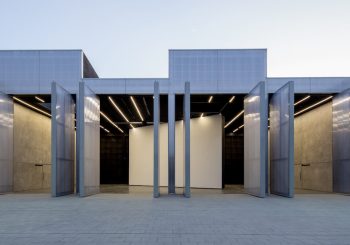
Comments (4)
[…] Curly Hair Isn’t “Mankoush”: How Egypt’s Embracing The Afro (Egyptian Streets) 2021 […]
[…] Curly Hair Isn’t “Mankoush”: How Egypt’s Embracing The Afro (Egyptian Streets) 2021 […]